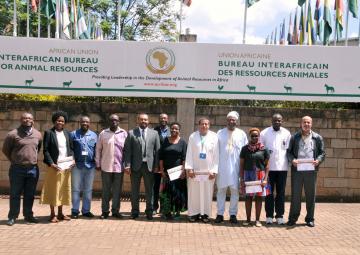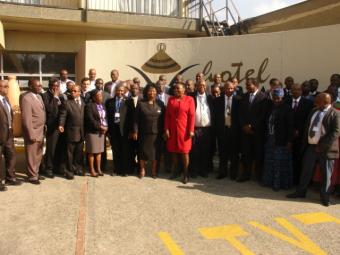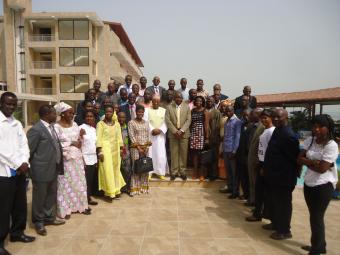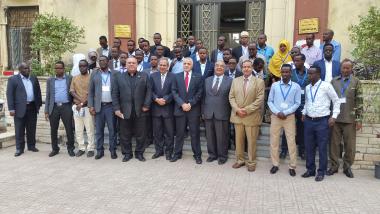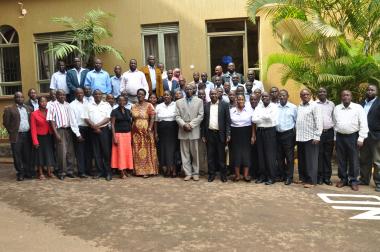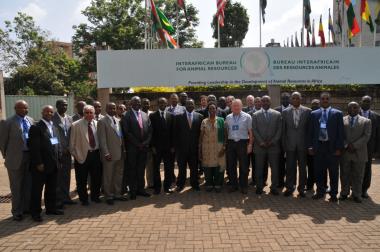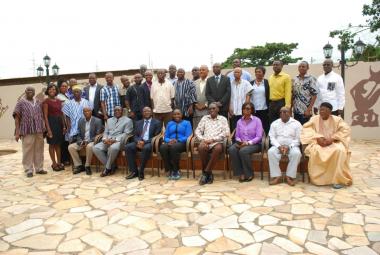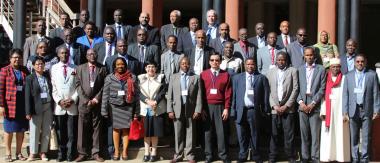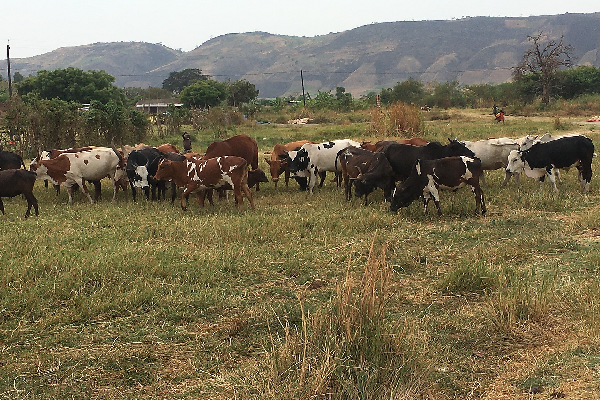
Resilient African Feed and Fodder Systems Project (RAFFS Project) makes substantial progress. This effort, in conjunction with the African Union-InterAfrican Bureau for Animal Resources (AU-IBAR) and the Bill and Melinda Gates Foundation (BMGF), addresses the acute issues posed by the Triple C's: COVID-19, Climate Change shocks, and the Russia-Ukraine Conflict. The results of these crises have exposed the flaws in Africa's feed and fodder supply networks, resulting in significant livestock losses, livelihood degradation, and price inflation for critical livestock-sourced foods.
The main purpose of the Inception Workshop, which will take place from the 20th to the 24th of November, is to kick off the Feed and Fodder Assessment and conduct the project's inception with key stakeholders in Zimbabwe. An in-depth evaluation of the effect of the Triple Crises on Zimbabwe's Feed and Fodder Sector will be presented, as well as training for the National assessment team and the presentation and validation of preliminary survey results.
Multiple outcomes are anticipated from this evaluation, including a better grasp of how global crises have affected feed and fodder systems and an evaluation of the current state of data and digital capacity for evidence-based information. The effort is also examining legislative frameworks to improve the long-term viability of the feed, fodder, and animal-sourced foods supply chains and encouraging the meaningful engagement of women in those networks.
The agenda spans a comprehensive series of sessions, encompassing scene-setting, training, official openings, and workshops. Noteworthy is the involvement of the African Women in Animal Resources Farming and Agribusiness Network (AWARFA-N), ensuring that women, often disproportionately affected by these crises, are empowered to actively participate in and benefit from the feed and fodder sector.
While Zimbabwe is at the forefront of this important effort, the RAFFS Project's goals extend far beyond the mitigation of urgent threats to the establishment of a more secure, sustainable, and equitable future for the continent's livestock and agriculture. This collaborative, capacity-building, and gender-inclusive approach highlights the project's dedication to bolstering the feed and fodder sector in the face of tremendous difficulties. So far inception workshops have been held in Uganda, Nigeria, Somalia, and Kenya.

